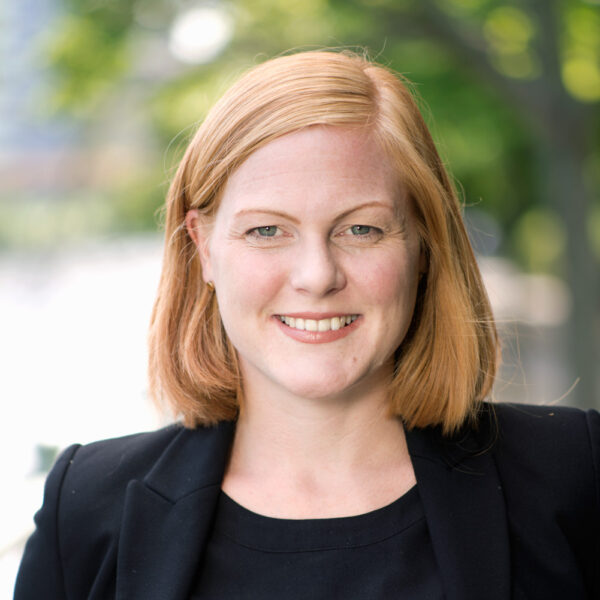Join us at the World Urban Forum in February
In 2020, we will ‘go urban’ with our Innovation Report. The Centre’s track record as a sector convenor and innovation accelerator places us perfectly to build a diverse group of innovators and thinkers. The aim is to gather and share your stories to benefit others in our 2020 Innovation Report. We kick off our 2020 Innovation Report discussions at a networking event at the World Urban Forum. If you are there, we welcome you to join us next month. Alternatively, get in touch to register your interest (bottom of page) in being part of the report.
About us as a sector convenor
As anyone who works in the civil society sector knows, finding time to collaborate with partners is difficult. Throw in the resources required to complete a shared project, then it does not matter how excellent your idea is, it is going to be a struggle to achieve your objectives. This is where the Centre’s expertise and experience as a sector convenor comes in.
We’re used to finding the right people and creating an environment for them to share insights and innovations. We play this role for a broad range of actors, from Board members and CEOs to innovation managers and global strategists. This year, we’re bringing our convening expertise to a new community of global urban leads. We want to help bring your innovations to benefit a wide civil society audience.
Innovation is the name of our game
Innovations can be game changers for civil society organisations. But what if they haven’t heard about the latest innovations of others, or don’t know how to apply them in the world?
Our aim is to highlight and explain how innovations can benefit the civil society sector and be used to tackle common challenges. In 2019, we looked at populism, and how civil society tools and tactics are evolving and innovating in response. We included a huge diversity of organisational missions, profiles and experiences from across our events and networks and around the world, highlighting universal practical tips and inspiring insights.
These diverse organisations and people may never have had the time or the resources to bring to a wide audience their stories of innovation. Yet the wealth of diverse experience generated a fantastic resource for the civil society sector.
In 2020, we’re turning our attention to the complex landscape of working in cities, where there are many common challenges…
In 2016, a report we produced, ‘Exploring the Future’,highlighted that for international CSOs, working on urban issues or at the city level was not as big a priority or area of expertise, as poverty alleviation experience in rural settings or national-level focused advocacy.
Arguably, not much has visibly changed since then in terms of focus or resourcing. However, urban settings and actors are central to the changing nature and locales of poverty and inequality. They also hold the key to solving the climate crisis. The speed and complexity of change in urban contexts is faster than ICSOs can currently keep up with. The interplay with other trends is also multi-directional and unpredictable, requiring greater agility and speed to shift operational modes.
Urban contexts pose additional complexities requiring ICSOs to innovate, including:
- Multiple levels, powerful actors and competing agendas requiring simultaneous engagement and multi-stakeholder approaches, from community mobilisation to city-wide sector, market, policy and institutional capacity-building;
- Several different roles may be necessary: community mobiliser, programme broker, strategic facilitator and convenor, service providers, and/or institutional capacity builder;
- Proximity to resources and services does not necessarily mean access for urban poor residents to structures and spaces, due to informality and marginalisation of some groups;
- Proactive city administrations may outpace national governments, more quickly adopting climate positive policies, or emerging technologies (including for social control).

Our 2020 Innovation Report will collate and contrast roles and approaches to co-produce new insights, provide a common learning agenda, and communicate effectively to wider audiences about the important urban impacts these organisations are achieving
Join the Centre and our partners at the World Urban Forum (WUF) on 10 February!
Where better than the world’s foremost meeting of leaders shaping the agenda of our urban future, to begin our journey to develop our 2020 Innovation Report, build our community of civil society collaborators and supporters for this project, and shape plans for our future sector convening.
If you’re coming to WUF10 in Abu Dhabi next month, get in touch and come to our networking event with Habitat for Humanity, World Vision and Slum Dwellers International. Or if you can’t, but still keen to join this journey, get in touch anyway!
JOIN US on 10 February 2020







